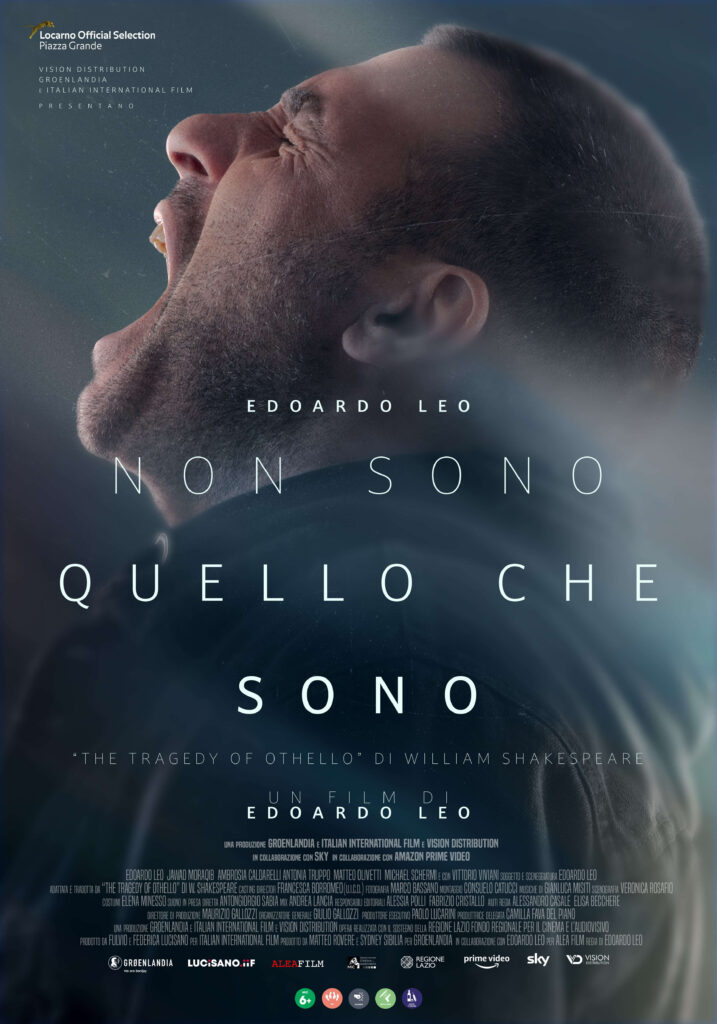The idea to work on Shakespeare’s Othello was born fifteen years ago from an article read in a newspaper. A man, blinded by insane jealousy, kills his wife and then commits suicide. It is both the synopsis of one of the most famous plays in the world and a sad chronicle of our times.
From there began a long research to think of a contemporary adaptation that would be as respectful of the original as possible. From comparing the many Italian translations of the tragedy, made in different eras, the conviction matured that to restore Shakespeare’s ‘word’, the dialect (Roman and Neapolitan) was paradoxically the closest to represent the force of that language. A translation work that lasted many years and allowed me to film Othello without ‘touching’ the text which was, except for the necessary cuts, fully reported.
Racism, violence, social envy, male chauvinism, feminicide, an investigation of evil of staggering modernity for a play that is more than 400 years old.
Encapsulated in Iago’s sentence that most of all suggests the depth of the psychological analysis that this text operates on its characters and still on us investigating in our contradictions. And which gives this film its title. “I am not what I am.”


